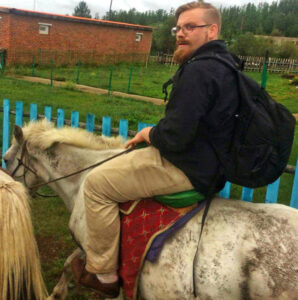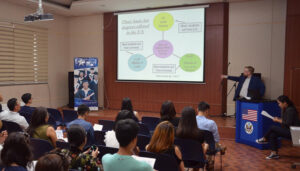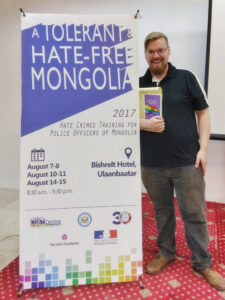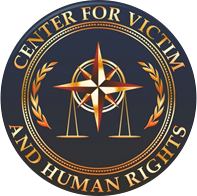Where in the world are the CVHR Law Clerks?
By: Jacob Irven
In December 2015, Mongolia revised its code to include provisions criminalizing certain acts of discrimination or “hate crimes” within its borders, establishing itself as one of the first Asian countries to do so. These new laws, which include provisions protecting against hate speech and domestic violence, notably include sexual orientation and gender identity as protected grounds. These laws were passed after years of advocacy for the equal protection of LGBTI persons and other minorities in Mongolia. For years, these communities have been subject to horrendous and oftentimes deadly attacks by hyper-nationalist and neo-Nazi groups in Mongolia, consistently marring the country’s human rights record.
I arrived in Ulaanbaatar, Mongolia this past summer just as its criminal code revisions became effective law. I was very fortunate to work with the LGBT Centre during my stay—Mongolia’s premiere NGO protecting the rights of LGBTI persons, and a top-level advocate for Mongolia’s criminal code revisions. I primarily assisted the Centre’s Legal Programme develop, organize, and implement police training workshops through its “A Tolerant and Hate Free Mongolia” project. I worked closely with the Centre’s Legal Programme Manager to develop numerous training and promotional materials addressing hate crimes and interpreting Mongolia’s revised criminal code.
We were proud and excited to see our work manifest during the police training workshops the Centre conducted in Ulaanbaatar’s Bishrelt Hotel from August 7, 2017 – August 15, 2017. The workshops engaged over 100 police officers from all provinces and districts of Mongolia, and helped them understand Mongolia’s newly revised criminal code, how to respond to hate crimes, and how to support survivors of hate crimes. We were also privileged to work with the US Department of the State, the US Department of Justice, the Asia Foundation, and the Embassy of France throughout this process, which all funded or otherwise supported the project.
Beyond my work with the LGBT Centre, I was privileged to engage with Mongolia’s civil society and culture in various ways. I met with NGOs advocating for matters as varied as promoting greater civic engagement, to expanding youth access to literature, to developing a greater appreciation of democratic principles. I also engaged with members of the Mongolian Youth Council, and participated in Mongolia’s 2017 International Youth Day celebrations.
Furthermore, I was invited to serve as a guest lecturer by EducationUSA Mongolia—a US Department of the State affiliate—to discuss the US legal and legal education systems. My lecture provided an overview of the various law degrees and related scholarships offered to international students in the US, as well as the international human rights standards and mechanisms available to international students. It was very exciting to engage with Mongolian students in this regard, as they’re exceptionally passionate, thoughtful, and knowledgeable.
During my final days in Mongolia, I had the opportunity to depart Ulaanbaatar’s bustling city center to explore the outer regions of the Mongolian countryside and the Gorkhi-Terelj National Park. There, I camped within a ger encampment, explored the vast Mongolian wilderness, engaged with its notoriously welcoming nomadic population, and (attempted) to ride upon its celebrated native horses without completely disgracing myself.
I remain very grateful the PIHRL allowed me the opportunity to engage in such meaningful work within such a wonderful country, and for all of the support my CVHR colleagues showed me back home during that time. I am also excited to see how the LGBT Centre and Mongolia will continue to expand human rights, both domestically and abroad.



